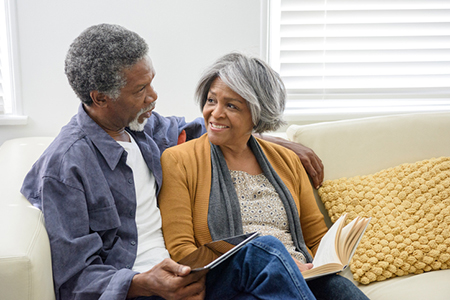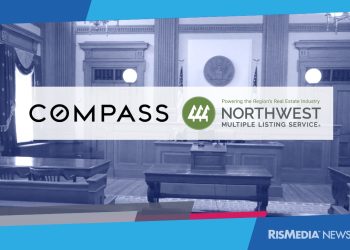Forty-three million homeowners plan to stay put in their current home as they age, but lack the accessibility features to make it practical. A recent Insight from Freddie Mac reveals that adding those features—levered handles, widened doorways and hallways—could be costly, or impossible.
According to Freddie Mac, half of Americans age 55 and older and three-quarters of Americans age 75 and older have one or more “physical functional limitations” that necessitate accessible features at home. Approximately 1.5 million existing homes require some retrofitting to make them accessible—and 2 million will require retrofitting by 2030. Retrofitting includes relocating living space to a single floor and replacing stairs with ramps.
Simple retrofits, according to the Insight, such as grab bars and pull-out cabinets, can cost on average $100-$270. Complex retrofits, however—a bathroom remodel, for instance—can cost between $5,600 and $13,000.
Some homes, as well, are unable to be retrofitted at all. Fifty-seven percent of homes in the Northeast—which tend to be older than homes in other regions—can accommodate single floor living, compared to 73 percent in the Midwest and 80 percent in the Southwest and West.
“Nearly a quarter of all baby boomers are going to be faced with the financial realities of aging in place, which can range from a few hundred to thousands of dollars,” says Sean Becketti, Freddie Mac chief economist. “Of course, the cost depends on the type and condition of the home. Many older homes, such as many of the Colonial-style homes common in the Northeast and Midwest, may not be good candidates for retrofitting. For some of them, aging in place until the bitter end may not even be a possibility. Like Bette Davis said: ‘Old age is not for sissies.'”
According to the Joint Center for Housing Studies (JCHS) at Harvard University, only 3.5 percent of homes today have accessible features.
Source: Freddie Mac
For the latest real estate news and trends, bookmark RISMedia.com.











